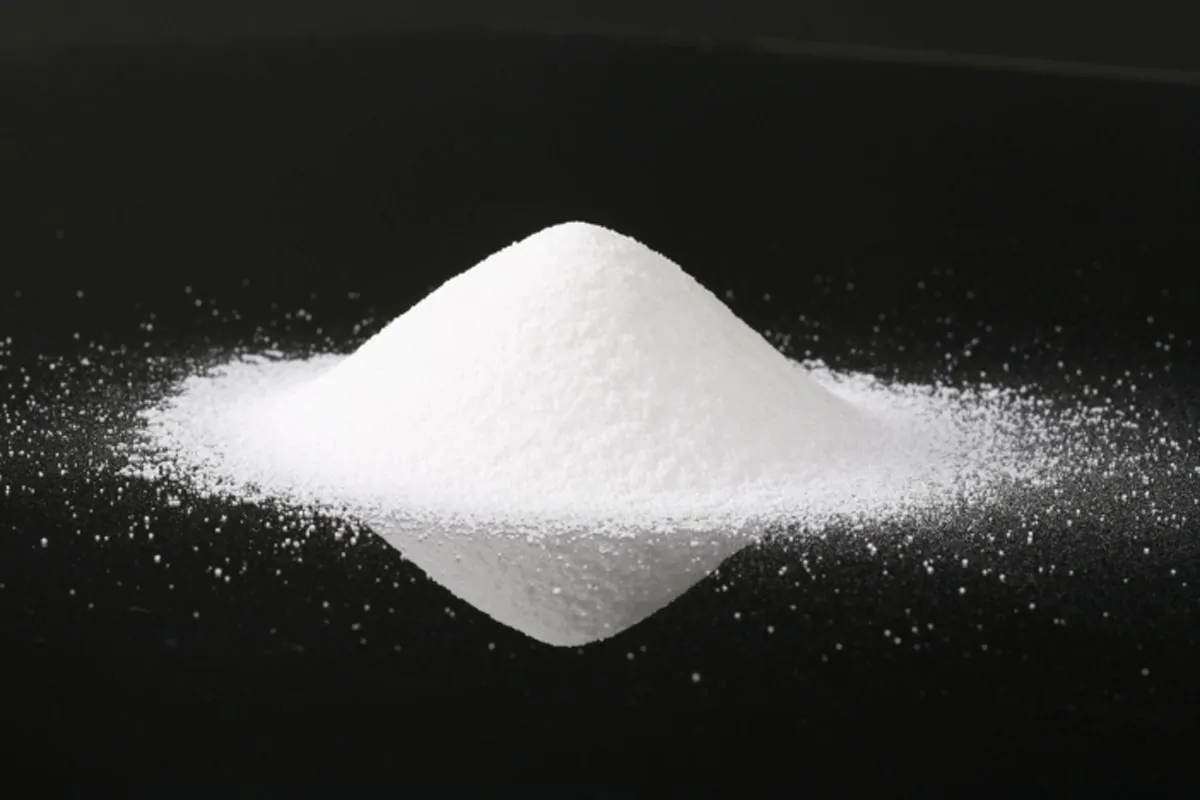Polyvinyl chloride (PVC) is a versatile thermoplastic polymer widely used in various applications. It is produced from vinyl chloride monomers through polymerization. PVC is known for its durability, chemical resistance, and low cost. It can be rigid or flexible depending on the additives used during its production.
Rigid PVC is commonly used in construction for pipes, fittings, window frames, and siding due to its strength and weather resistance. Flexible PVC, often called vinyl, is used in products such as flooring, upholstery, medical tubing, and electrical cables due to its flexibility and ability to withstand bending without breaking.
While PVC offers many advantages, it is important to note that it can release harmful chemicals during manufacturing and disposal processes, posing environmental and health concerns. Therefore, proper handling, recycling, and disposal practices are essential to mitigate these risks.
The main key values of Polyvinyl Chloride (PVC) are:
Durability: PVC is highly durable and resistant to degradation from sunlight, chemicals, and abrasion, making it suitable for long-lasting applications.
Versatility: PVC can be formulated to be rigid or flexible, allowing it to be used in a wide range of applications across various industries.
Chemical Resistance: PVC exhibits excellent resistance to a wide range of chemicals, including acids, alkalis, and solvents, making it suitable for use in harsh environments.
Cost-Effectiveness: PVC is a cost-effective material compared to many other plastics and traditional building materials like wood and metal.
Fire Resistance: PVC is inherently flame retardant and has a low risk of ignition, making it suitable for use in fire-sensitive applications.
Insulating Properties: PVC has good electrical insulation properties, making it suitable for use in electrical cables, wires, and conduits.
Weather Resistance: PVC is resistant to weathering, UV radiation, and moisture, making it suitable for outdoor applications such as window frames, siding, and roofing materials.
Recyclability: PVC is recyclable and can be processed into new products, contributing to sustainability efforts and reducing environmental impact. However, challenges exist in PVC recycling due to the presence of additives and contaminants.
Properties:
Density: Typically ranges from 1.35 to 1.45 g/cm³, depending on the specific grade and formulation.
Melting temperature: Generally between 160°C and 210°C, depending on the molecular weight and additives used.
Softening temperature: Approximately 75°C to 90°C, where it becomes pliable and can be molded or formed.
Decomposition temperature: Typically between 200°C and 250°C, indicating its high thermal stability.
Elastic modulus: Generally between 2.5 GPa and 4.0 GPa, representing its stiffness and resistance to deformation.
Tensile strength: Typically between 45 MPa and 60 MPa, indicating its ability to withstand pulling forces.
Thermal conductivity: Low thermal conductivity ranging from 0.14 to 0.19 W/(m·K), making it suitable for thermal insulation applications.




